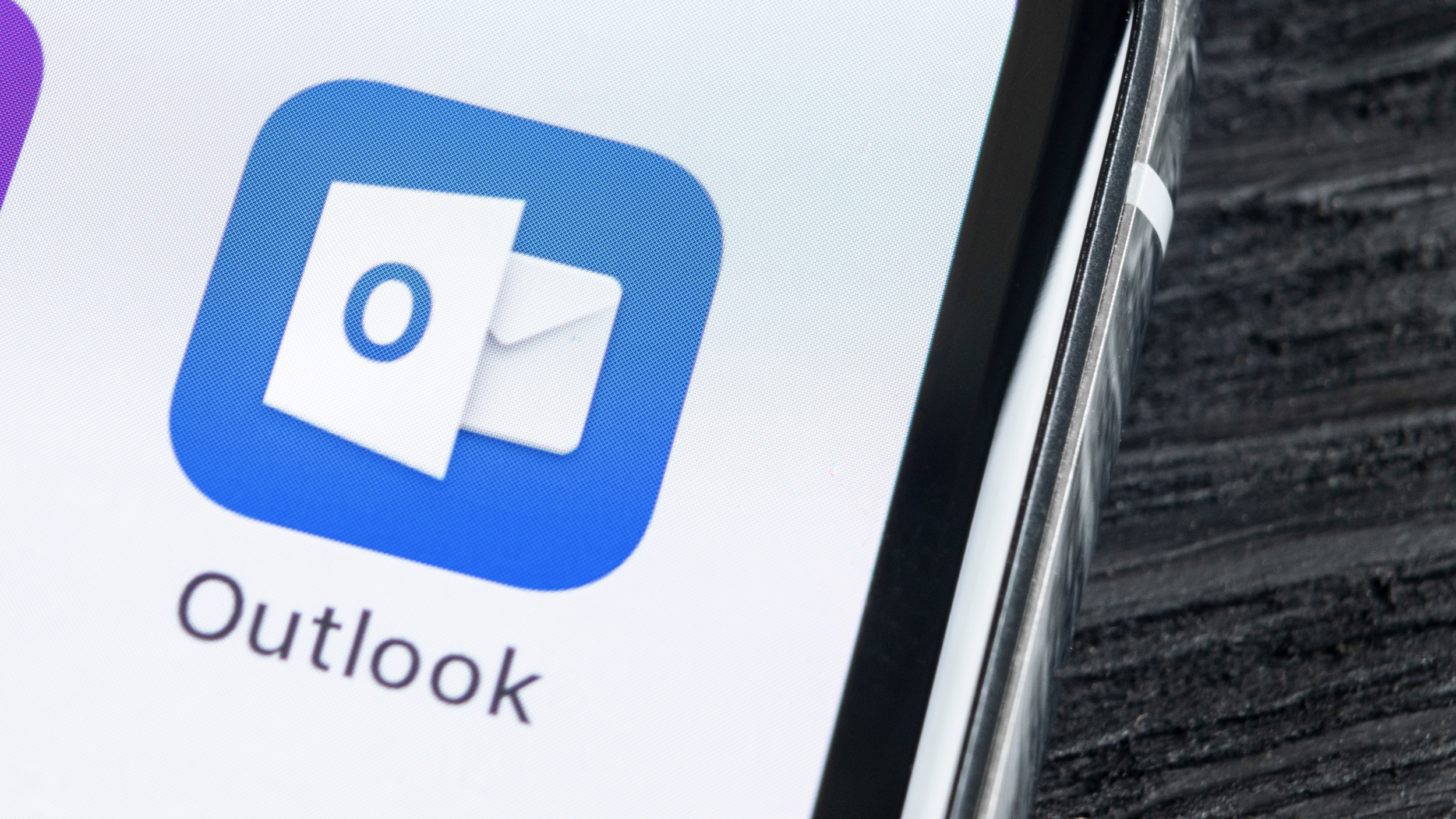400 million Outlook users at risk from security bug — what you need to know
Newly discovered email spoofing bug lets bad actors impersonate Microsoft corporate accounts

Here at Tom’s Guide our expert editors are committed to bringing you the best news, reviews and guides to help you stay informed and ahead of the curve!
You are now subscribed
Your newsletter sign-up was successful
Want to add more newsletters?

Daily (Mon-Sun)
Tom's Guide Daily
Sign up to get the latest updates on all of your favorite content! From cutting-edge tech news and the hottest streaming buzz to unbeatable deals on the best products and in-depth reviews, we’ve got you covered.

Weekly on Thursday
Tom's AI Guide
Be AI savvy with your weekly newsletter summing up all the biggest AI news you need to know. Plus, analysis from our AI editor and tips on how to use the latest AI tools!

Weekly on Friday
Tom's iGuide
Unlock the vast world of Apple news straight to your inbox. With coverage on everything from exciting product launches to essential software updates, this is your go-to source for the latest updates on all the best Apple content.

Weekly on Monday
Tom's Streaming Guide
Our weekly newsletter is expertly crafted to immerse you in the world of streaming. Stay updated on the latest releases and our top recommendations across your favorite streaming platforms.
Join the club
Get full access to premium articles, exclusive features and a growing list of member rewards.
A security researcher has uncovered a bug in Outlook that could allow anyone to impersonate Microsoft corporate email accounts, giving phishing attempts an air of legitimacy to trick unsuspecting targets. An urgent warning has been issued to Outlook's roughly 400 million users as the vulnerability remains unpatched.
Vsevolod Kokorin, a security researcher at SolidLab, first sounded the alarm about this email spoofing bug in a post on X (formerly Twitter) last week. He said he disclosed the issue to Microsoft, only for the company to dismiss his report after saying it couldn't reproduce his findings. Frustrated, Kokorin took to X to warn others while rightly refusing to provide the technical details needed to exploit the vulnerability.
As demonstrated in screenshots he shared, the bug lets anyone impersonate an official Microsoft corporate account when sending an email to another Outlook user. In an update, he said that Microsoft has acknowledged the issue, though a timeline for when it'll be patched remains unclear. He also told TechCrunch that Microsoft may have come across his tweet, as it has since reopened one of the reports he submitted several months ago. We've reached out to Microsoft for comment and will update this story once we hear back.
I want to share my recent case:> I found a vulnerability that allows sending a message from any user@domain> We cannot reproduce it > I send a video with the exploitation, a full PoC > We cannot reproduce itAt this point, I decided to stop the communication with Microsoft. pic.twitter.com/mJDoHTn9XvJune 14, 2024
How to protect yourself from new Outlook spoofing bug
Given that bad actors only need to email another Outlook account to exploit this bug, all 400 million Outlook users are at risk of phishing attempts from otherwise legitimate look Microsoft corporate accounts. While we don't know yet when it'll be patched, if you're an Outlook user, there are some precautions you can take in the meantime to stay safe.
Unfortunately, it mostly boils down to the age-old advice of staying vigilant. It's highly recommended that you stay alert to any messages you receive that appear to be from Microsoft. Kokorin has advised all Outlook users to be weary when opening new emails and to avoid clicking on strange links. Consider signing up for one of the best antivirus software solutions as well, many of which give you access to a VPN, password manager and other extras to help you stay safe online.
More from Tom's Guide
- Chrome security alert — clicking this error will open the malware floodgates on your PC
- Urgent Windows security flaw lets hackers infect your PC over Wi-Fi — update right now
- Hackers are now using emoji to speed up their cyberattacks
Get instant access to breaking news, the hottest reviews, great deals and helpful tips.

Alyse Stanley is a news editor at Tom’s Guide, overseeing weekend coverage and writing about the latest in tech, gaming, and entertainment. Before Tom’s Guide, Alyse worked as an editor for the Washington Post’s sunsetted video game section, Launcher. She previously led Gizmodo’s weekend news desk and has written game reviews and features for outlets like Polygon, Unwinnable, and Rock, Paper, Shotgun. She’s a big fan of horror movies, cartoons, and roller skating. She's also a puzzle fan and can often be found contributing to the NYT Connections coverage on Tom's Guide
 Club Benefits
Club Benefits










